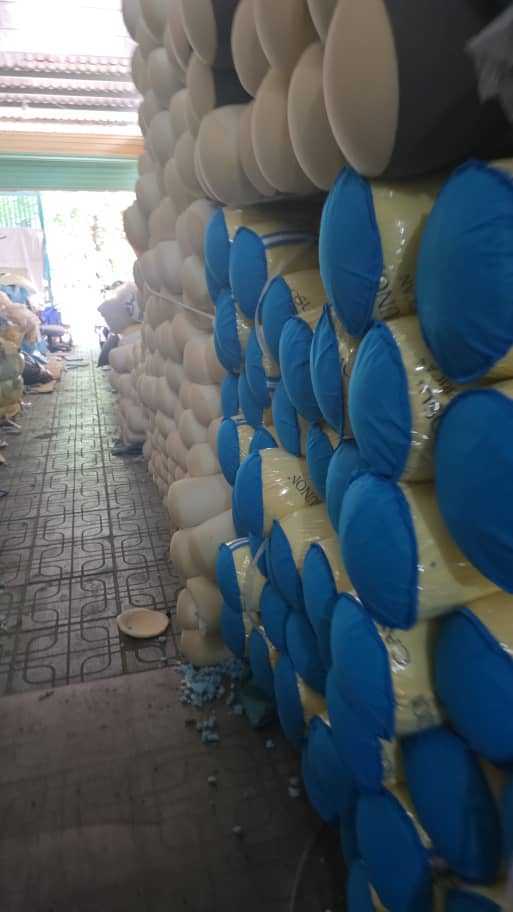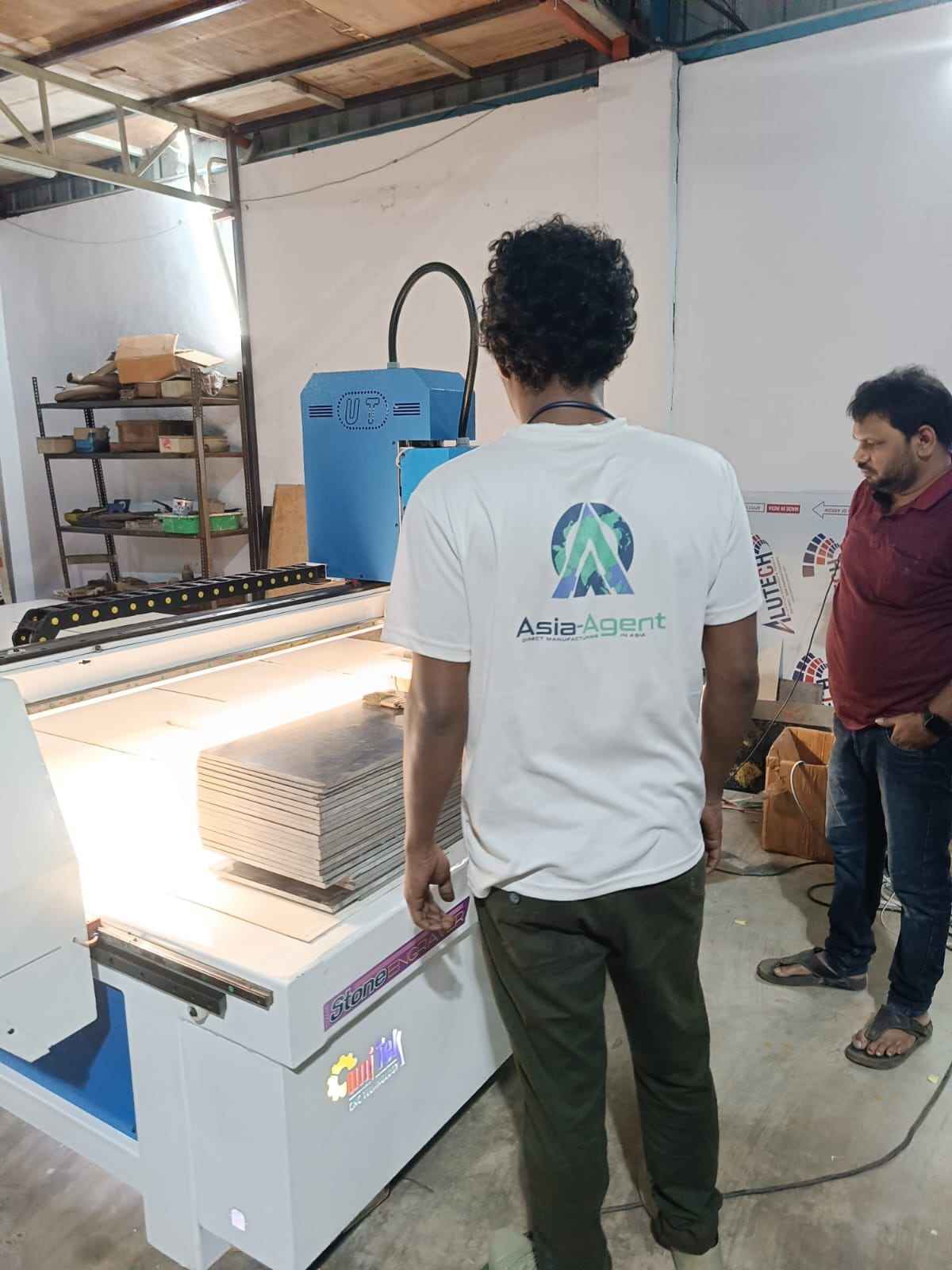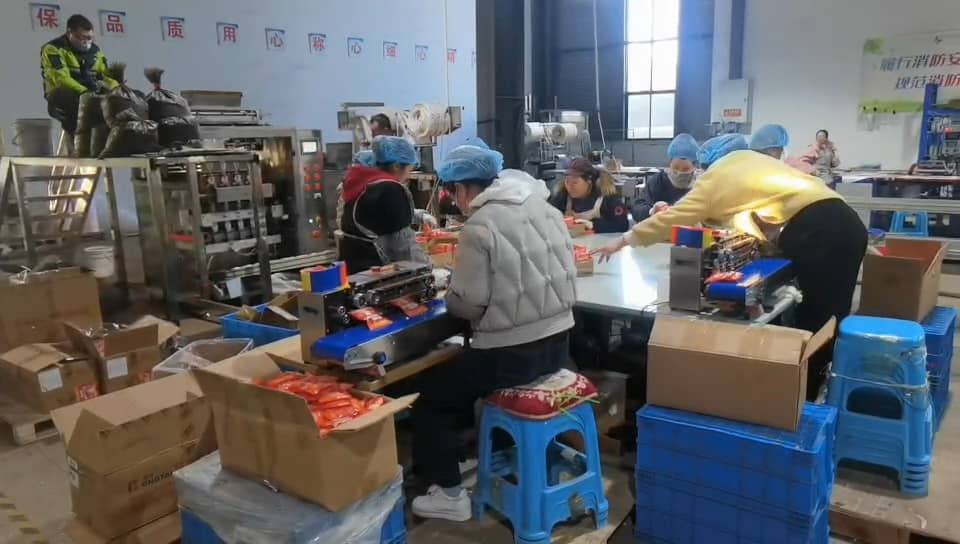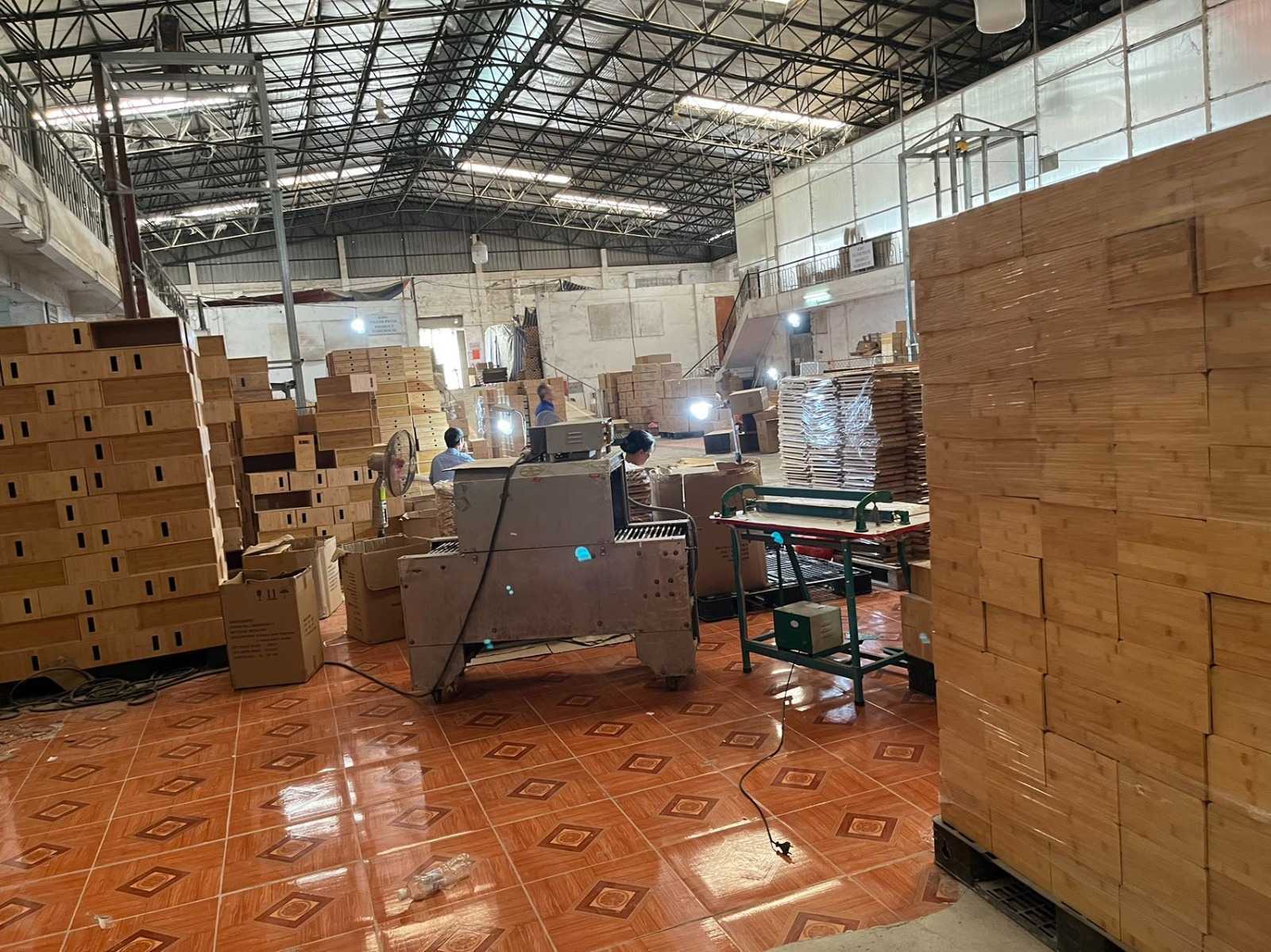How to Build a Multi-Hub Supply Chain Without Losing Your Mind (or Your Margins)
The Urgency Behind Diversification
By now, most global buyers understand the need to diversify.
China is no longer the low-cost, low-risk manufacturing powerhouse it once was.
Tariffs, geopolitical tensions, factory closures, and a shift in Chinese supplier behavior have made it clear:
If your entire production is in one country, you’re exposed.
So what’s the solution?
Build a multi-hub supply chain—Vietnam, India, Bangladesh, Indonesia, and China, working in parallel.
The logic is sound.
But the execution?
That’s where most brands fall apart.
At Asia Agent, we’ve seen firsthand how poorly planned diversification adds more risk than it solves.
The only way to succeed in 2025 and beyond is to treat your multi-hub supply chain like a system, not a set of transactions.
Here’s how the best brands are doing it—and how we help them succeed.
The Cost of Getting It Wrong
Let’s be blunt: most brands “diversify” by stitching together a patchwork of agents, sourcing platforms, and unvetted suppliers.
They send a few trial orders to Vietnam or India, communicate over WhatsApp, skip the factory visits, and hope for the best.
That path leads to:
❌ Unreliable timelines
❌ Mixed quality across SKUs
❌ No legal recourse when something goes wrong
❌ BOM inconsistencies
❌ No leverage with suppliers
❌ Chaos in logistics and fulfillment
The result?
Buyers either run back to China… or worse, they keep going—losing margin, time, and control.
What Multi-Hub Should Actually Look Like
A proper multi-hub supply chain isn’t built overnight.
It’s not about “trying out” factories in different countries.
It’s about architecting a system that can scale, adapt, and protect your interests across borders.
Here’s what that looks like when done right:
✅ Step 1: Strategic Supply Chain Mapping
Before moving a single SKU, you need a complete map of your current and future supply chain:
- What are your core SKUs, and which ones carry the most margin or risk?
- Which components can be produced regionally vs. centrally?
- What are the tariff, compliance, and certification requirements for each category?
- Where are your current suppliers based, and what are the dependencies?
This phase gives you a roadmap—not just a destination.
Asia Agent provides this through our Supply Chain Mapping Service, using compliance, tariff, and quality requirements to inform country selection and sourcing strategy.
✅ Step 2: Country-Specific Hub Allocation
Each Asian country brings different strengths—and blind spots.
Smart diversification is about placing the right products in the right hubs.
Examples:
- Vietnam – Excellent for electronics, home goods, and furniture. Strong logistics, decent compliance readiness.
- India – Best for complex assembly, automotive, pharmaceuticals, and anything where scale and technical depth are key.
- Bangladesh – Extremely cost-effective for textiles and garments, but limited in engineering-based categories.
- Indonesia – A rising hub for labor-intensive goods, basic industrials, and footwear. Still maturing in systems.
- China – Still unmatched in speed, engineering, mold creation, and deep supply chain infrastructure.
Asia Agent matches your products to the hub based on strategic, not emotional, factors.
✅ Step 3: Centralized Oversight with Local Execution
This is where most operations fall apart:
You’re not just managing different countries—you’re managing different mentalities, workflows, languages, and time zones.
Asia Agent’s model eliminates this complexity by centralizing strategy while localizing execution.
We provide:
- A single point of contact who understands your full supply chain
- Local teams in each country: project managers, QCs, factory liaisons, and legal support
- One shared system (we use Asana) to track every task, every product, every country—clearly
- Weekly Zooms, WhatsApp updates, and transparent dashboards
- Local visits and inspections scheduled without delay
This structure keeps your supply chain aligned and scalable.
✅ Step 4: Contracting and Control Across Borders
You cannot manage multi-hub manufacturing on handshake deals and email promises.
Every supplier, in every country, must be covered by:
- Localized OEM or manufacturing contracts
- NNN agreements (for IP protection)
- Clear payment terms
- Defined penalties for late delivery or quality failures
- Inspection rights and documentation protocols
Asia Agent ensures every contract is country-specific, enforceable, and backed by local legal teams.
This protects your business and builds leverage.
✅ Step 5: Quality, Consistency, and BOM Synchronization
Multi-hub sourcing creates a new risk: inconsistent quality across countries.
To manage this, we implement:
- Unified BOMs—aligned across factories and countries
- Shared QC standards—with local teams trained to the same protocols
- Material verification—random lab tests and visual inspections
- Production oversight—in-person visits at key milestones
Your customer doesn’t care where it was made—only that it’s consistent, safe, and on time.
We make sure that happens.
The Asia Agent Advantage
What sets us apart?
🔗 All hubs are connected – Vietnam, India, Indonesia, Bangladesh, and China teams talk to each other daily. We’re not just a collection of freelancers—we’re a single unit, built to scale.
👥 Client-first structure – Every supplier is yours. Every contract is in your name. No commission games, no shared sourcing lists, no middlemen.
📦 We operate like your office in Asia – Phone line, PM, QC, secretary, lawyer, and management—your full team, already in place.
Multi-Hub is the Future—But Only If It’s Managed Right
Going multi-hub is no longer a competitive advantage.
It’s a requirement.
But doing it wrong can be worse than not doing it at all.
At Asia Agent, we help brands build multi-hub supply chains with structure, control, and confidence—without the chaos.




